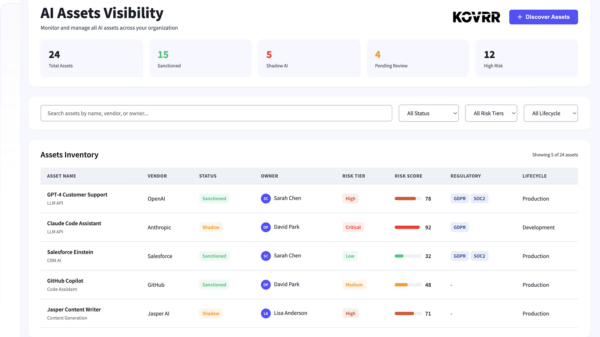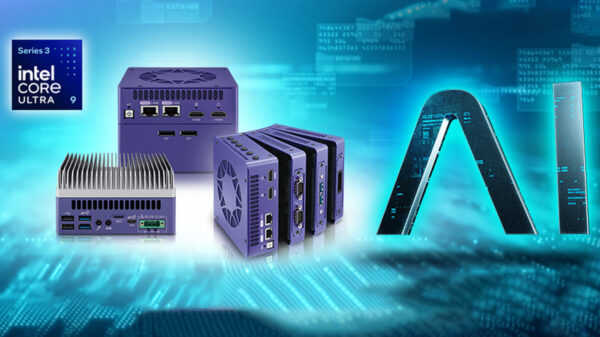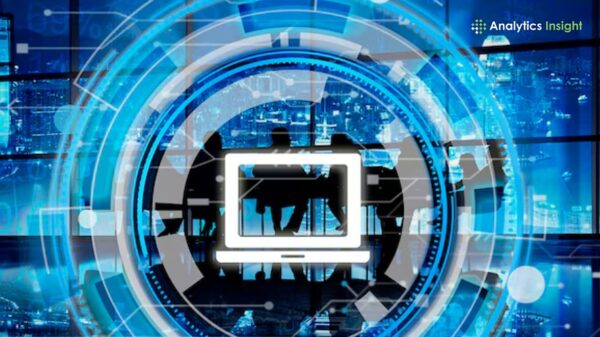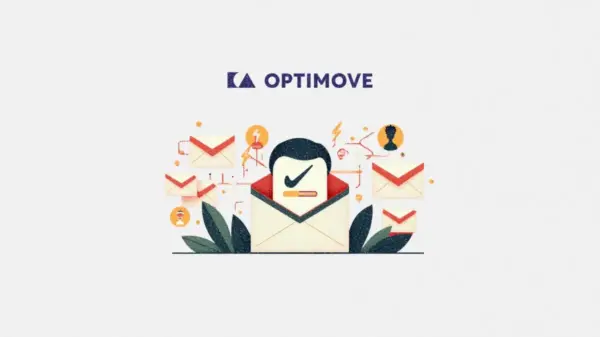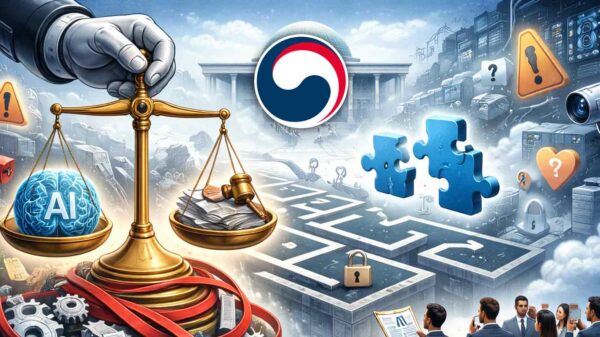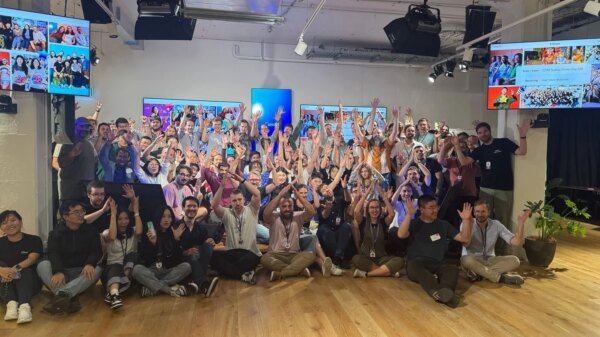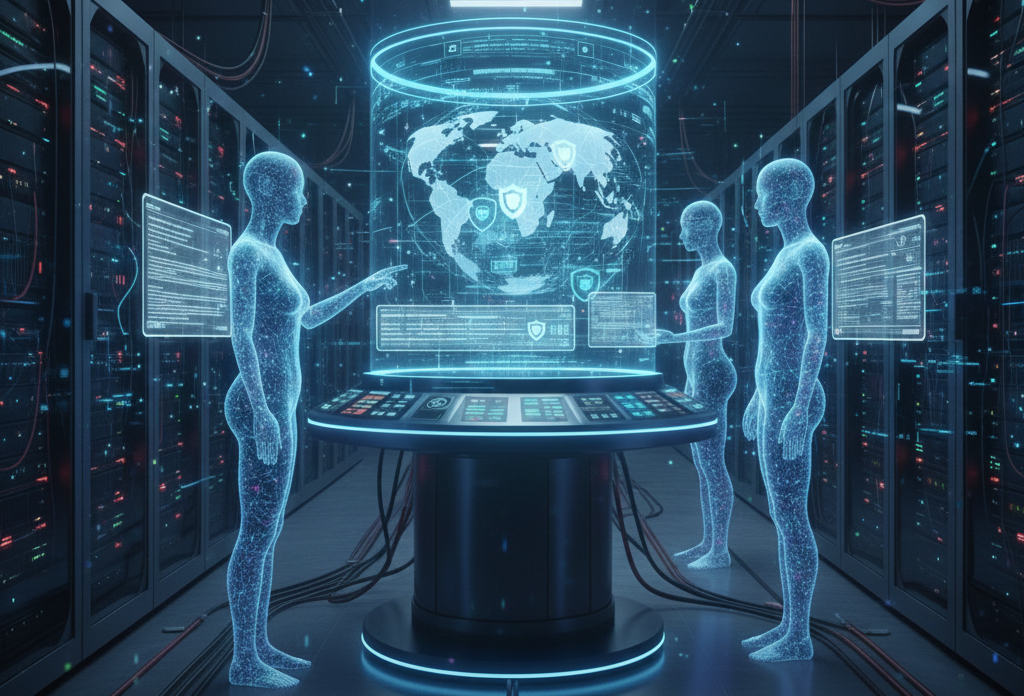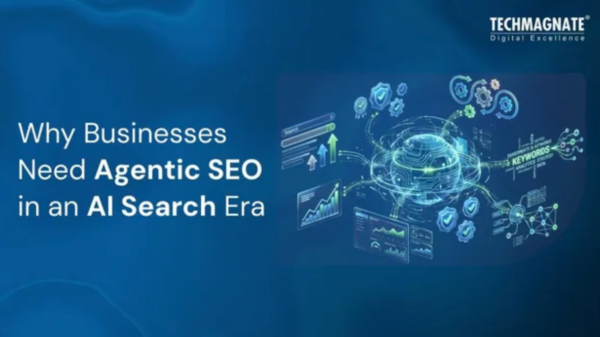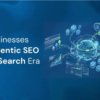A new era in automation is emerging, characterized by the rise of AI agents that not only assist humans but also autonomously execute tasks, make informed decisions, and adapt continuously to changing contexts. These intelligent systems are revolutionizing business workflows across various industries, moving beyond traditional automation to achieve a higher level of autonomy.
According to Gartner, the adoption of agentic AI is expected to surge dramatically, with projections indicating that 33% of enterprise software applications will incorporate such technology by 2028, a significant increase from less than 1% in 2024. This rapid adoption underscores the tangible benefits brought by AI agents, including streamlined workflows, reduced errors, and accelerated decision-making processes.
However, with the increasing reliance on AI agents, new challenges emerge, particularly in governance, interoperability, and trust. Business leaders face the critical task of integrating these agents into their operations thoughtfully, balancing innovation with necessary control and accountability.
AI Agents Transforming Industries
AI agents are redefining how businesses manage both repetitive and complex tasks, performing specialized roles that often replicate human expertise. In the realm of cybersecurity, for example, AI agents can autonomously simulate potential attacker behavior, validate security measures, and refine detection protocols in real time. This capability significantly alleviates alert fatigue within security operations centers, expedites incident response, and ensures that defenses remain effective against evolving threats.
AI agents can mimic lateral movement tactics typical in ransomware attacks to evaluate segmentation controls or simulate phishing scenarios to identify weaknesses in email security and user training. By continually learning from system telemetry gathered from various security information and event management (SIEM) systems, end-point detection and response (EDR) tools, firewalls, and vulnerability scanners, these agents adapt dynamically to shifting risk landscapes, proactively closing security gaps before they can be exploited.
In customer service, AI agents are evolving from basic chatbots into sophisticated problem-solvers capable of managing intricate interactions. By analyzing customer inquiries within the context of past interactions, they can route issues to the appropriate teams and even craft personalized responses. Integration with customer relationship management (CRM) and support systems allows them to resolve a high volume of queries autonomously, escalating only those cases that require human empathy or nuanced judgment. This transition not only enhances operational efficiency but also boosts customer satisfaction through timely and consistent service.
The finance sector also reaps benefits from AI agents, whether automating invoice processing, detecting transaction anomalies, or reconciling accounts. These agents enhance speed and accuracy in tasks that previously consumed substantial amounts of human effort. Utilizing natural language processing and advanced data analysis, AI agents can extract critical information from unstructured documents, flag inconsistencies, and suggest corrective measures, allowing finance teams to focus more on strategic initiatives rather than manual verification.
Moreover, AI agents are increasingly embedded in product development workflows, assisting engineering teams by automating regression testing, monitoring deployment health, and generating code snippets or related documentation. In cybersecurity product teams, they can simulate new attack techniques in development environments, ensuring that security features are validated and that secure coding practices are accelerated. In marketing and sales, AI agents facilitate personalized campaigns at scale by analyzing consumer behavior and recommending the most effective next steps.
Strategic Integration for Innovation
The advent of AI agents signifies a substantial advancement in enterprise automation. By embedding real-time intelligence and adaptive decision-making into workflows, organizations can shift from reactive operations to proactive, self-optimizing systems. The resultant benefits—greater efficiency, improved accuracy, and enhanced responsiveness—are already reshaping operational landscapes and redefining roles.
However, successfully implementing these agents necessitates more than mere deployment; organizations must ensure alignment with overarching business objectives, maintain transparency, and adapt to evolving environments. Companies that approach the adoption of AI agents with a strategic mindset stand to not only gain operational efficiencies but also establish a solid foundation for ongoing innovation in an increasingly intelligent enterprise landscape.
See also Barracuda Reveals 2026 Cybersecurity Strategy Amid Rise of Agentic AI Threats
Barracuda Reveals 2026 Cybersecurity Strategy Amid Rise of Agentic AI Threats DeepKeep Recognized in Gartner’s 2025 AI Cybersecurity Report Amid Rising Threats
DeepKeep Recognized in Gartner’s 2025 AI Cybersecurity Report Amid Rising Threats Virtual Infosec and Exabeam Launch AI-Powered Cybersecurity Solutions for Ghana’s Businesses
Virtual Infosec and Exabeam Launch AI-Powered Cybersecurity Solutions for Ghana’s Businesses Scammers harness generative AI to craft social-media ads that mimic real influencers and brands
Scammers harness generative AI to craft social-media ads that mimic real influencers and brands 2026 Fintech Predictions: AI Threats Surge, Cybersecurity Costs Reach $57B
2026 Fintech Predictions: AI Threats Surge, Cybersecurity Costs Reach $57B




